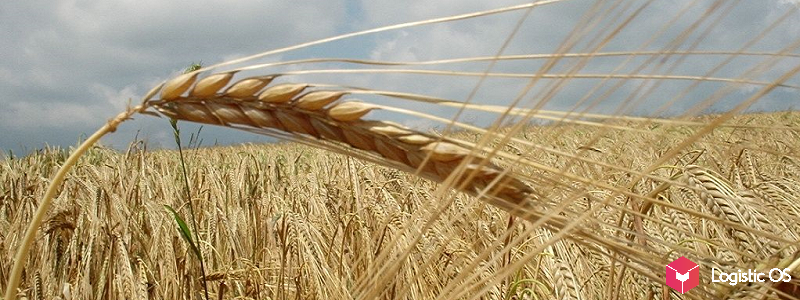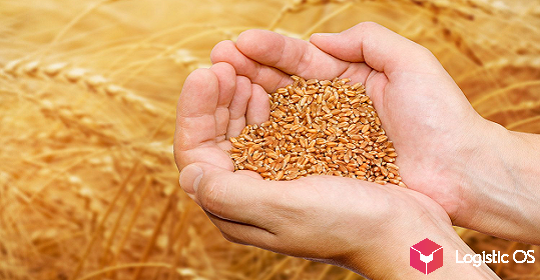Last season, Pakistan — the eighth country in the ranking of the largest grain producers — resumed its grain import policy.
The last time Pakistan bought wheat from Russia was only in 2014.
After that, the country was able to completely switch to self-sufficiency, and then even turn into an exporter of grain.
But in the past season, Pakistan again returned to food imports.
There are two main reasons:
Domestic consumption growth.
Own wheat crop failure due to drought.
All this led to the fact that Pakistan took the fourth place among the importers of Russian wheat in the season 2020-2021:
Egypt — 8 million tons (+2.3 million tons compared to the previous season).
Turkey — 6.3 million tons (-0.5 million tons).
Bangladesh — 1.9 million tons (the same as a year ago).
Pakistan — 1.5 million tons (a year ago it was zero).
Azerbaijan — 1.37 million tons (+0.17 million tons).
Last season, with its supplies, Russia largely saved the situation in Pakistan, since it supplied all the necessary amount of grain, which became an obstacle to the rapid rise in prices within the country.
On average, from August 2019 to August 2020, food prices in Pakistan increased by 13%.
Will Pakistan return to the world grain market?

He was almost always present at it, but usually in the role of a salesman.
Now he again comes in the role of a buyer, and this destabilizes the market, makes it less predictable.
As the Chairman of the Board of the Russian Union of Grain Exporters Eduard Zernin noted, it was Pakistan that became one of the factors in the growth of world wheat prices in the second half of 2020.
Experts do not exclude that Pakistan may even increase its wheat purchases in the new season, presumably up to 3.5 million tons.
However, it all depends on what kind of crop he harvests in the current season.
While this figure is unknown, it is very difficult to predict what impact Pakistan will have on world markets.

